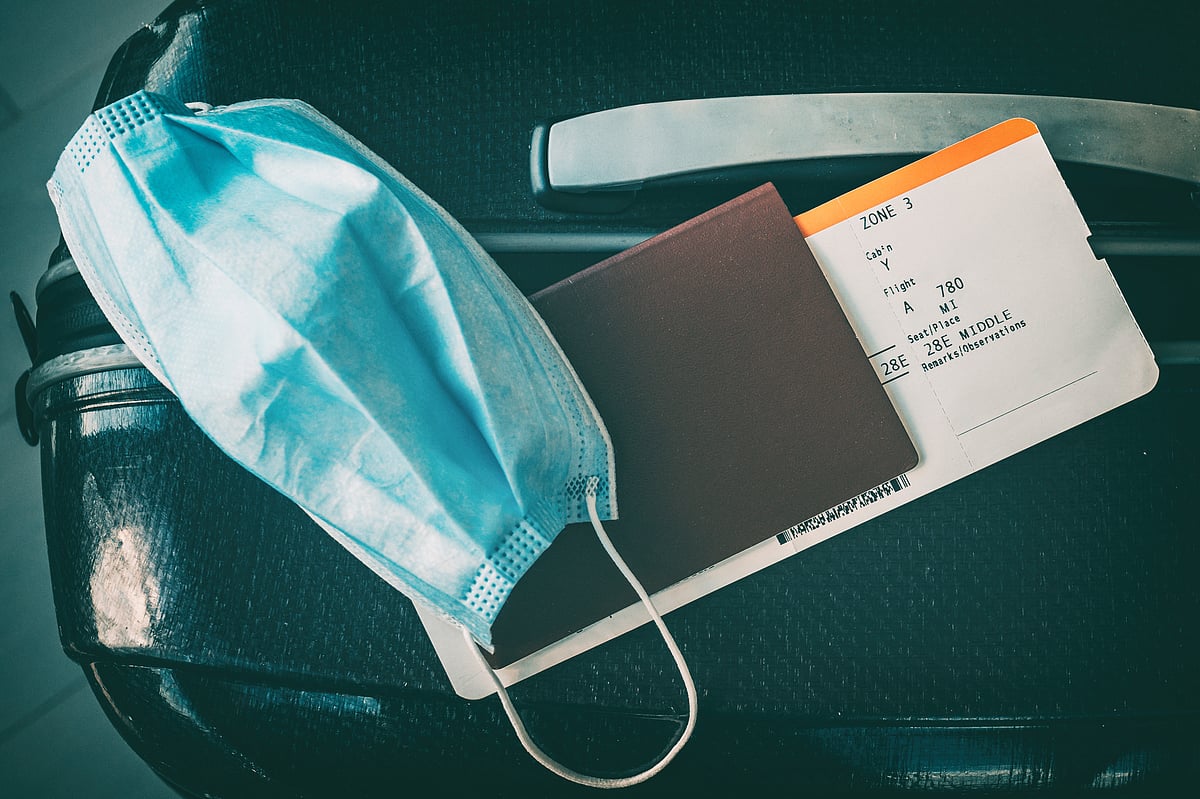In an unsettling reminder that the pandemic has not fully loosened its grip, Singapore and Hong Kong—two of Asia’s most visited cities—are once again seeing a sharp rise in COVID-19 cases. Authorities in both regions have moved swiftly to monitor the situation, issue advisories, and urge residents and travellers alike to take precautions as the virus reasserts itself.
Singapore’s Ministry of Health recently reported a 28 per cent spike in cases over the first week of May, with approximately 14,200 infections recorded. Hospital admissions have also increased by around 30 per cent, signalling not just broader transmission but also greater clinical severity than previous months.
Meanwhile, in Hong Kong, health officials have flagged an even more dramatic rise. In the week ending May 3, the city recorded its highest number of severe COVID-19 cases in over a year, with authorities noting a steady uptick in positive test samples from respiratory clinics and even in wastewater, an early warning indicator of widespread community spread. At the centre of the current surge are new subvariants of the Omicron strain—particularly JN.1 and its offshoots—which are thought to be driving transmission due to their immune-evasive properties.
Though many symptoms are consistent with earlier variants like fever, fatigue, and cough, this wave has brought some subtle shifts. Health officials report increased cases of sore throat, nausea, brain fog, and conjunctivitis. Some of these less typical symptoms may delay testing or diagnosis, leading to broader community spread.
The increase also coincides with seasonal changes and public gatherings, further fuelling the wave. While both governments have stopped short of imposing restrictions, they have intensified public messaging around hygiene and health awareness.
For those planning to visit Singapore or Hong Kong, this resurgence is no cause for panic, but it does call for prudence. Travellers should ensure they are up to date with their vaccinations, including any recommended boosters. Wearing masks in crowded indoor areas, maintaining hand hygiene, and avoiding travel when unwell remain sound, if not mandated, practices.
Singapore currently has no specific entry restrictions in place for international travellers, though the Ministry of Health advises staying informed through official updates. Hong Kong, too, has kept its borders open but urges visitors to exercise care and follow all local health guidelines.
Despite the numbers, daily life in both cities continues largely unaffected, with restaurants, attractions, and public transport remaining fully operational. The mood is one of cautious vigilance rather than alarm, a testament to both regions’ previous experiences in managing public health risks. That said, visitors should be aware of the potential for rapid changes. Shifts in health advisories, especially in response to further spikes or strain-specific complications, could impact mobility or public services.
Stay Vaccinated: Make sure your COVID-19 vaccinations are up to date, including booster doses if applicable.
Pack Masks: Though not mandatory, masks are recommended in crowded indoor spaces and on public transport.
Practise Good Hygiene: Carry hand sanitiser, wash hands regularly, and avoid touching your face in public areas.
Monitor Your Health: If you experience symptoms like sore throat, fatigue, nausea, or brain fog, avoid social gatherings and seek medical guidance.
Stay Informed: Check official updates before and during your trip:
Singapore: www.moh.gov.sg
Hong Kong: www.chp.gov.hk/en
No Entry Restrictions (as of now): Travellers can enter both cities without testing or quarantine, but advisories may change.
Consider Travel Insurance: Choose a policy that includes COVID-related coverage for delays, cancellations, or medical care.
Follow Us
Copyright © 2025 Outlook Publishing India Pvt Ltd.
Powered by Quintype




